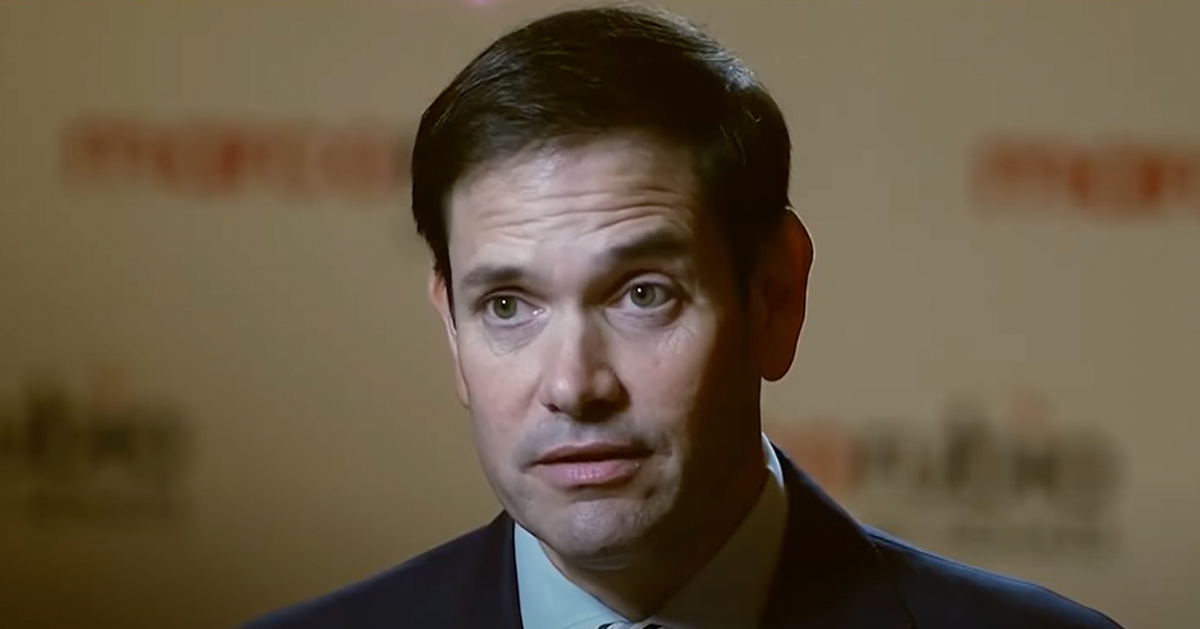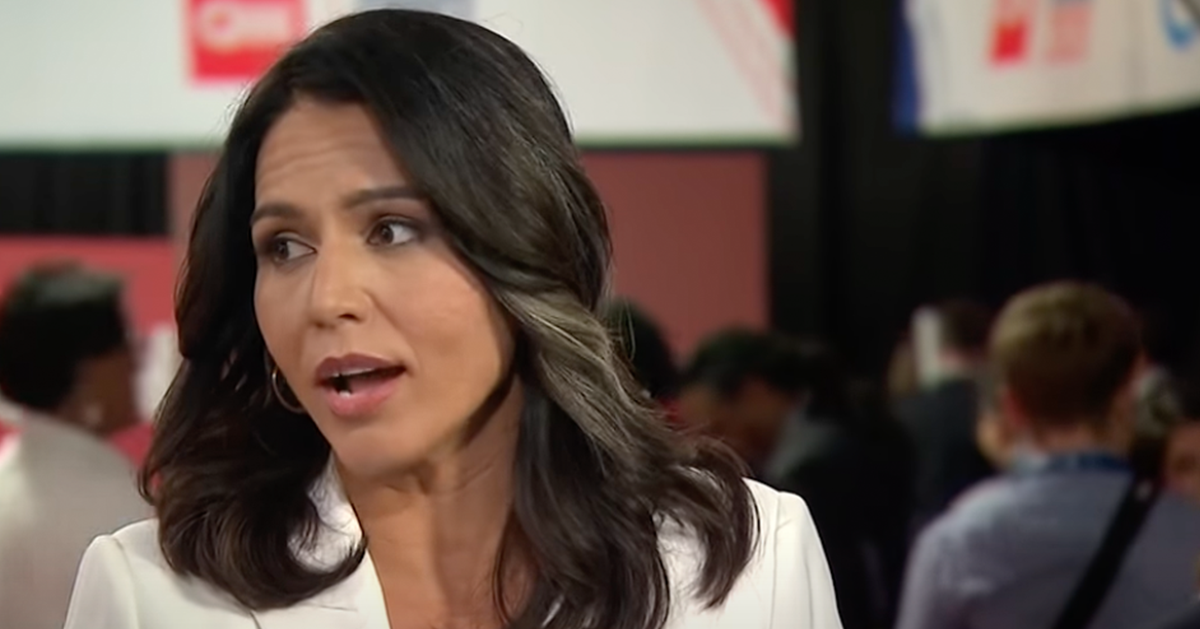Major Media Outlets Criticize Harris’ Food Price Control Plan
Vice President Kamala Harris' recent proposal to ban price gouging on food and groceries has sparked widespread debate, with significant criticism emerging from typically supportive media outlets.
Harris unveiled her proposal on Wednesday, calling for a federal ban on excessive pricing in the food and grocery sector, something critics suggest will exacerbate Americans' economic woes, not alleviate them, as Fox News reports.
The plan would empower the Federal Trade Commission (FTC) and state attorneys general to impose penalties on companies deemed guilty of charging unfairly high prices. Harris framed the initiative as a necessary step to protect consumers from corporate greed and ensure fairness in the marketplace.
However, the response from prominent media outlets, including the Washington Post, CNN, and Newsweek, has been far from supportive.
The Washington Post editorial board questioned the clarity and effectiveness of Harris' proposal, pointing out that such an initiative could lead to unforeseen economic consequences. The editorial board noted the plan's resemblance to failed price controls from the 1970s, emphasizing the skepticism it has generated.
Criticism Emerges From Media and Experts
Catherine Rampell, a columnist for Post, was particularly harsh in her critique, describing the proposal as an extensive and flawed system of government-enforced price controls.
Rampell argued that the plan would undermine free-market economics by allowing federal bureaucrats to dictate prices, rather than letting supply and demand determine them. She also suggested that the proposal might play into accusations of Harris harboring "Communist" leanings.
While Rampell tempered her initial criticism after Harris’ speech, acknowledging that the vice president's remarks on pricing were more measured than initially presented, she maintained that the overall concept was problematic. "Supply and demand would no longer determine prices or profit levels. Far-off Washington bureaucrats would," Rampell wrote, illustrating the concerns shared by many economic experts.
CNN anchor Abby Phillip added to the criticism, questioning whether the proposal was merely a tactic to appeal to voters who may not fully understand the complexities of the issue.
Phillip's skepticism was echoed by Michael Eric Dyson, a professor at Vanderbilt University, who expressed doubt about the feasibility of Harris’ plan while acknowledging its potential appeal to certain segments of the electorate.
Concerns Over Economic Impact
CNN’s Elisabeth Buchwald also reported on expert opinions that cast doubt on the proposal's effectiveness. Economists Gavin Roberts and Jason Furman warned that Harris' plan could create more problems than it solves. Roberts argued that the best response to high prices in most cases is to take no action, while Furman described the proposal as unsound policy that might end up being more rhetoric than reality.
Jesus Mesa of Newsweek highlighted similar expert critiques, noting that the policy could backfire by disrupting market competition.
Scott Lincicome, another expert quoted in the report, dismissed the idea that corporate greed or price gouging is responsible for high grocery or housing prices, labeling Harris' approach as a political solution to a non-existent problem. Glynn Tonsor, an expert on agricultural economics, added that preventing price increases could lead to reduced investment and supply shortages, further exacerbating the issue.
Supporters Rally Behind Harris’ Proposal
Despite the widespread criticism, Harris’ campaign has received support from some Democratic leaders and media figures. In a statement provided to Fox News Digital, the campaign highlighted endorsements from influential figures like CNN’s Wolf Blitzer and Sen. Chris Coons. The statement emphasized Harris’ commitment to building up the middle class and ensuring economic opportunities for all Americans.
Blitzer contrasted Harris' approach with that of former President Donald Trump, noting that while Harris is focused on tax cuts for the lower and middle class and combating price gouging, Trump’s policies favor the wealthy. Sen. Coons also praised Harris’ broader economic agenda, which includes efforts to reduce prescription drug prices and offer incentives for first-time homebuyers.
While the debate over Harris' price control plan continues, it is clear that the proposal has sparked a significant discussion about the role of government in regulating the economy. As the 2024 election approaches, the effectiveness and popularity of such measures could play a crucial role in shaping the political landscape.
In conclusion, Vice President Kamala Harris’ proposal to ban price gouging on food and groceries has drawn considerable criticism from major media outlets and economic experts, who question its practicality and potential economic consequences.
Despite the backlash, Harris has garnered support from key Democratic figures, setting the stage for a contentious debate as the election season heats up. Whether the proposal will ultimately resonate with voters remains uncertain, but it has certainly highlighted the ongoing tension between government intervention and free-market principles.






